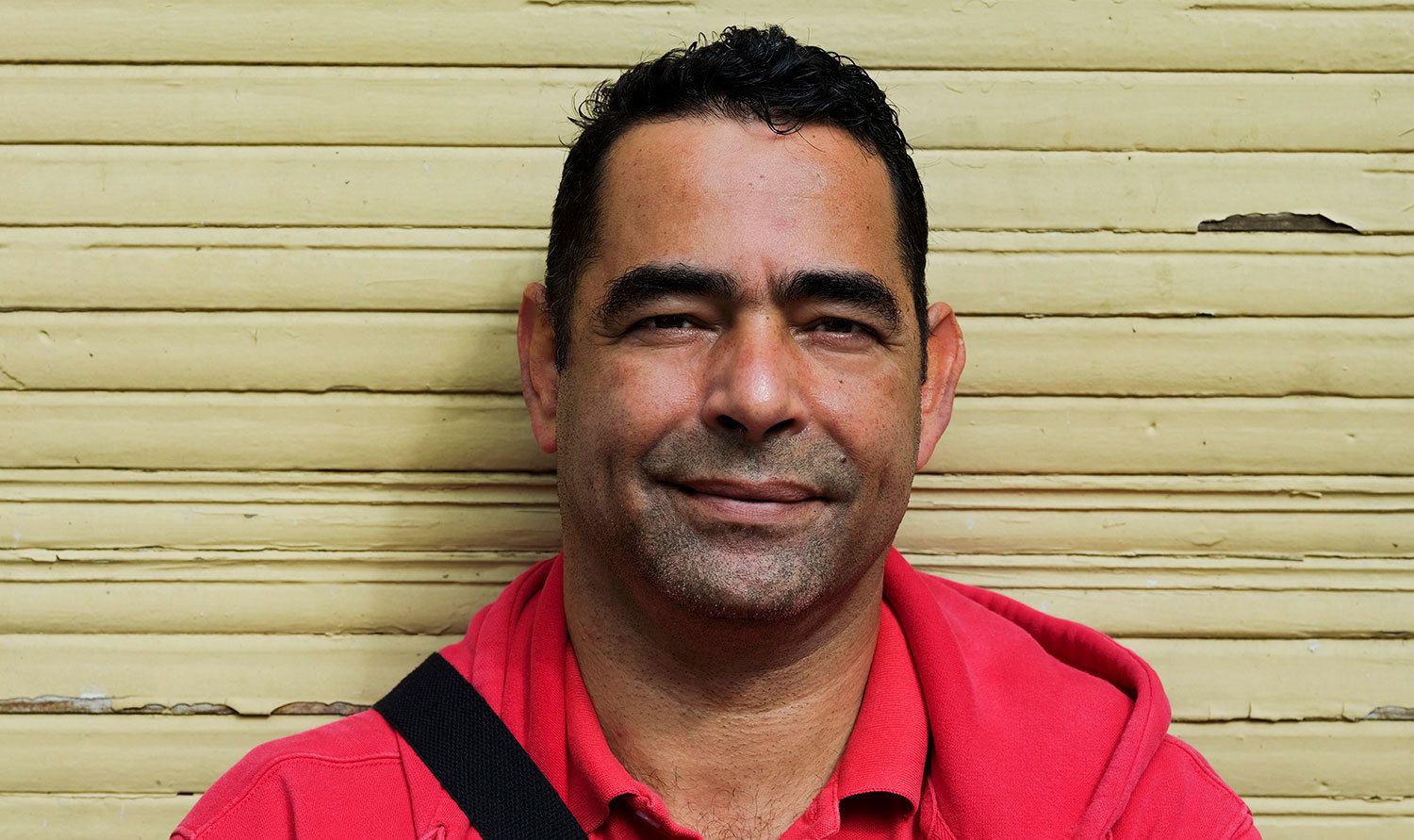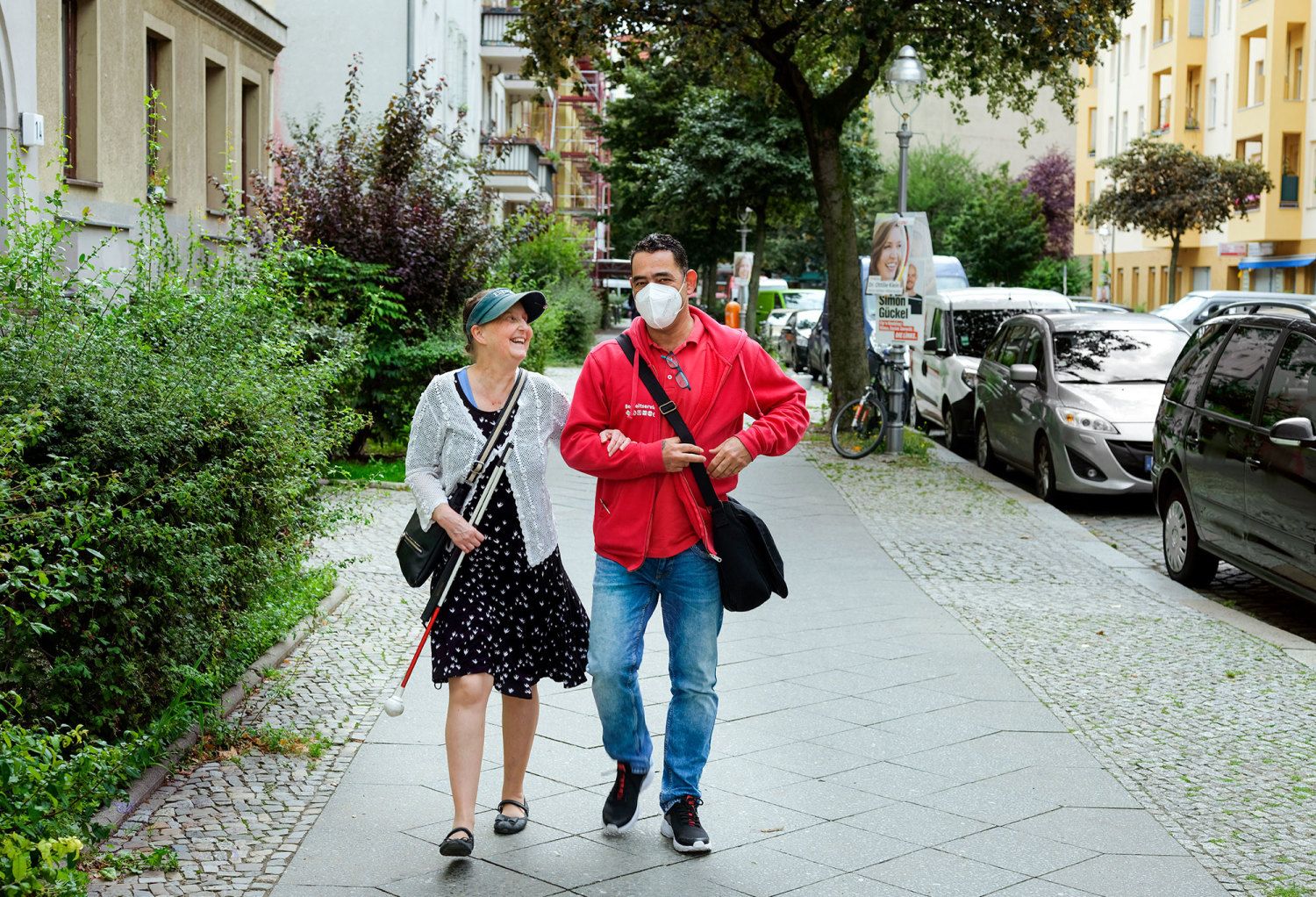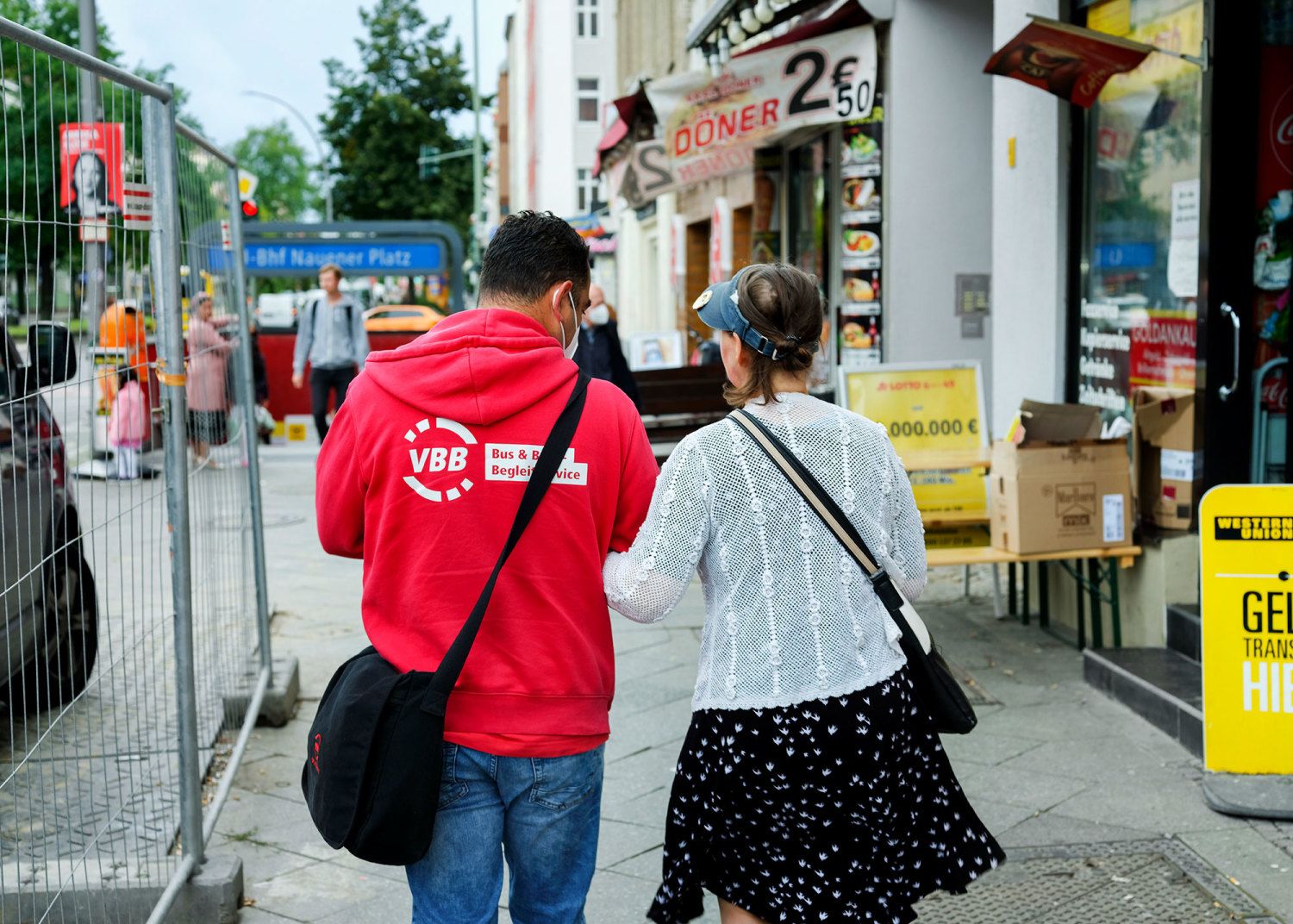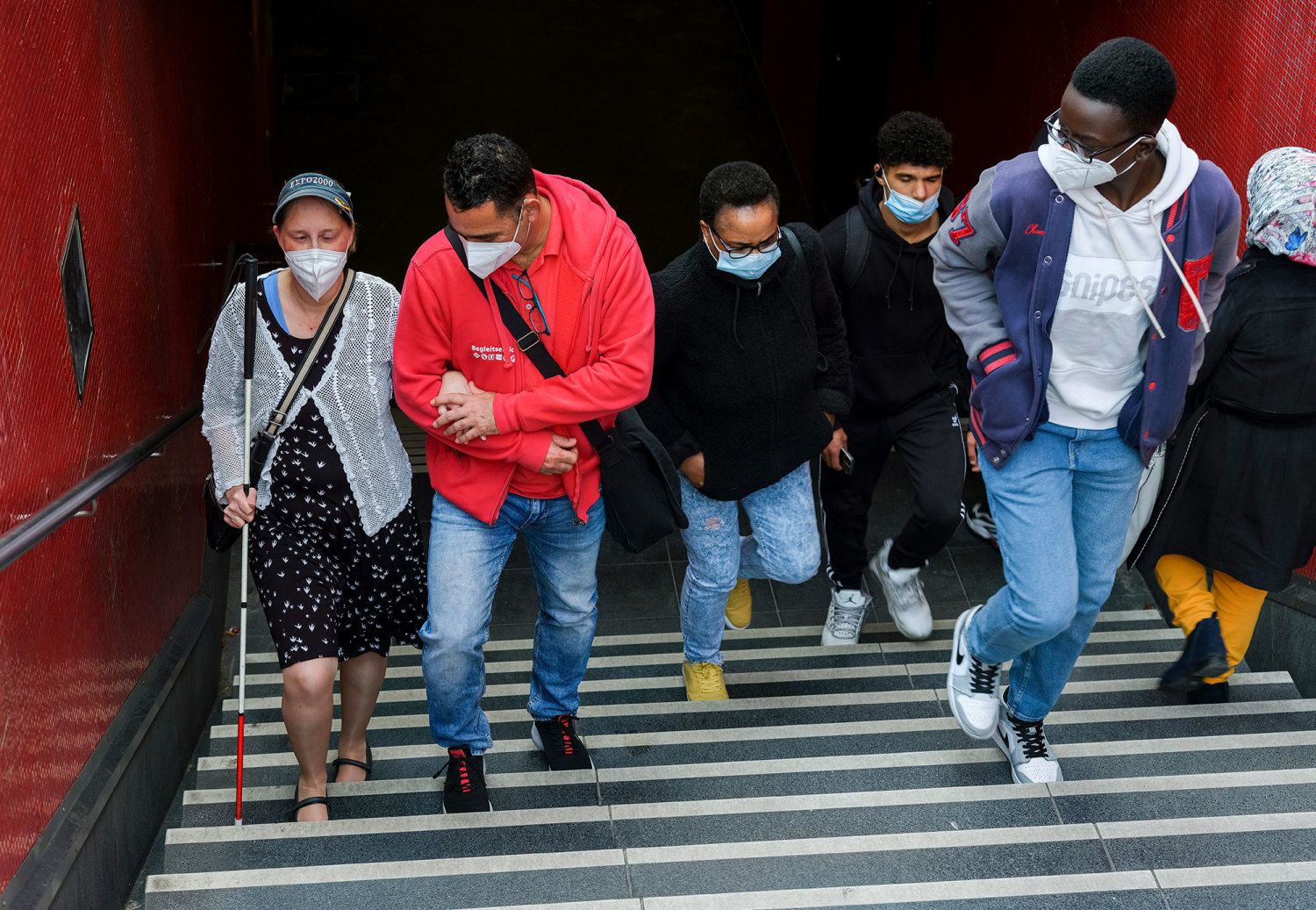It soon became apparent that his language skills were not nearly good enough to gain a foothold in the new country. “I really couldn’t speak the language at all,” Fagundes says in summary. All the same, he found a job, as he had hoped – working the barbecue at a Brazilian restaurant, just as he had in Portugal and Spain. “But nobody teaches you German there, either,” he says. “So wherever I was, I tried to pick up as much as I could and ultimately learned the language.” Today, he speaks fluent German, although his Brazilian accent is still noticeable. His children are even being raised to speak three languages: they are learning German, Spanish and Portuguese.
Fagundes’ first child was born in 2013 – a “summer boy.” Two years later, in the winter, the family welcomed a new arrival, a little girl. “After the birth of our son, I wanted to leave the catering sector and find a more family-friendly job,” Fagundes tells us. He changed jobs and worked for a removal company until 2019, where his willingness to learn and his quick mind once again gave him an edge; after only a short period of time, he knew most of Berlin’s streets and the corresponding postcodes. “If you give me a postcode, I can tell you exactly where it is – whether it’s in Kreuzberg or Pankow or somewhere else.”
But the badly paid and physically strenuous work didn’t offer Fagundes a long-term perspective, so he registered as unemployed in November 2018. “That phase lasted almost two years.” Sitting around at home doing nothing did not suit him; Fagundes wanted to work and took part in a training at Tegel Airport to qualify as a ground attendant, recommended by the job center, which pays benefits to and finds jobs for long-term unemployed persons. “The course started in the fall of 2019, while Tegel was still up and running – and ended while Germany was in the midst of the coronavirus crisis and the airport was closed, as planned, in favor of BER.” After the course had ended, Fagundes was invited to a job interview, which was ultimately not a success, due to his lack of English language skills.
The next opportunity came to pass just a short while later, and he seized it. “The aforementioned interview took place at Schönefeld Airport. In the suburban train on the way back, I saw a person in a red jacket pushing a man in a wheelchair,” he tells us. “When the two came closer, I was able to read the writing on the jacket: ‘VBB Bus & Train Assistance Services’ (“VBB Bus & Bahn-Begleitservice”). That immediately sparked my interest and I wanted to know more about the service.” As soon as he got home, he searched the Internet and called the services’ office without further ado. Two days later he had the next interview – and no idea of what awaited him.
What Fagundes didn’t know at the time: He had seen a mobility assistant at work, employed as part of the Solidary Basic Income (“Solidarisches Grundeinkommen,” SGE) pilot project.
These service employees accompany people with reduced mobility and make sure they get to their appointments safely – be they with doctors, authorities, or for leisure. Distances are covered via Berlin’s public transport system. The aim and political mandate are to enable social participation, strengthen social contacts, and help the people concerned live self-determined lives in their own four walls for as long as possible.




